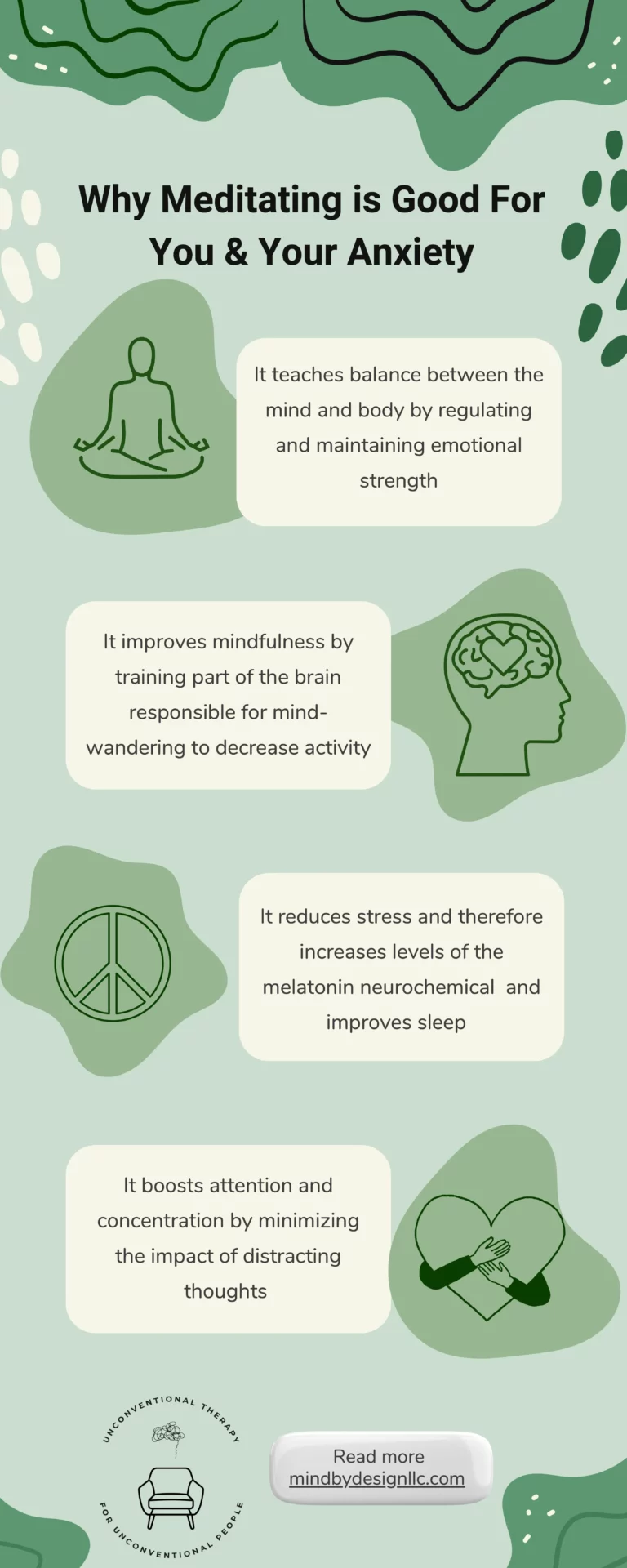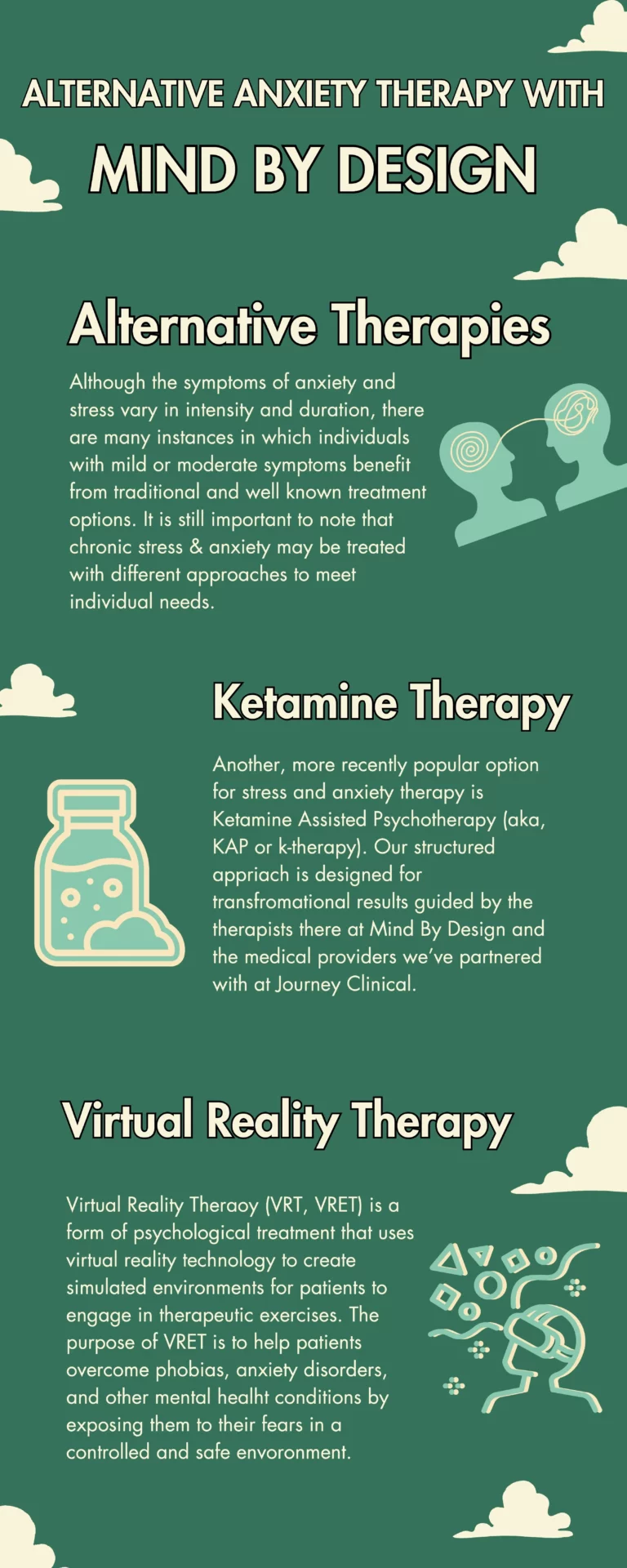New Year's Resolutions for Better Mental Health in 2024
In addition to setting New Year’s resolutions for better mental health, I’m also all for boycotting impersonal, run-of-the-mill resolutions. Focusing our goals and intentions on better mental health is more likely to yield positive outcomes, like actually sticking to it, because not only is the outcome awesome, but the motivation is organic and aligned with us as individuals. Although everyone’s mental health goals will be different, we’ve put together some options, ideas and thought-provoking goals that may help you this new year.
Why Focus Your Resolutions on Better Mental Health?

Setting mental health goals as New Year’s resolutions is a powerful way to initiate positive changes. These goals can range from improving relationships, to nurturing your inner child. The key to successful resolutions is setting realistic goals that truly align with who you are and what you want for your life. Approaching NYE resolutions like this will ensure that you have natural motivation and avoid the common pitfall of abandoning our resolutions.
Inspiration for this New Year's Resolutions for better Mental Health
Physical Health Resolutions that Boost Mental Health
Daily Movement:
Regular exercise is a cornerstone of physical health. It’s not about rigorous workouts but finding enjoyable activities that keep us moving, like walking, yoga, or cycling.
Mindful Eating for Body-Strength:
A balanced diet means consuming a variety of nutrients, including fruits, vegetables, lean proteins, and whole grains. Mindfully eating helps you to listen to your body’s cue’s and learn about what your body needs to stay fueled.
Sleep Like a Queen:
Quality sleep is as important as diet and exercise. Aim for 6-7 hours of sleep each night to allow your body and mind to recharge.
Emotion-Based Mental Health Resolutions
Mindfulness Practices: Mindfulness practices like meditation can significantly improve mental health. They help in reducing stress and increasing self-awareness.
Digital Detox: In our digital world, it’s important to take breaks from screens. Setting aside time to disconnect can improve mental clarity and reduce stress.
Building Meaningful Connections: Strong social connections are vital for emotional well-being. This year, resolve to nurture relationships with family and friends.
Self-Care Rituals: Self-care is not a luxury but a necessity. It can be as simple as reading a book, taking a bath, or spending time in nature.
Expanding Horizons: Engaging in new learning experiences contributes to cognitive health. This could be learning a new language, skill, or hobby.
Sticking to Your New Year's Resolutions for better mental health
The Power of Intentions for Better Mental Health
The first step is setting a clear intention. What do you want your life to look like?
This vision will guide your journey.
1. Self-Reflection:
Take time to understand your values, passions, and goals. Self-reflection is crucial in determining the direction of your new life.
2. Setting Goals:
Break down your resolutions into small, manageable goals. This makes them less daunting and more achievable. Set specific, measurable, achievable, relevant, and time-bound (SMART) goals. These will act as milestones on your journey.
3. Plan, Celebrate, Repeat:
Develop a step-by-step plan to achieve your goals. This plan will keep you focused and on track. Keep track of your progress. Celebrating small wins keeps you motivated and on track.
4. Embrace Fear:
Change can be daunting, but it’s also an opportunity for growth. Embrace the uncertainties and be adaptable. Fear of the unknown can be a major obstacle. Acknowledge your fears, but don’t let them hold you back.
5. Get Knocked Down (And Back up Again):
Resilience is key in overcoming challenges. When faced with setbacks, remember why you started this journey. Be flexible and adaptable. If a resolution isn’t working, it’s okay to modify it.
Don't Sleep on Your New Year's Resolutions for Better Mental Health
As we embark on this journey of health and wellness, let’s remember that the goal is not perfection but progress. By setting realistic resolutions and taking small steps towards our goals, we can make this year one of health, happiness, and personal growth.
FAQ's About Setting Goals for Better Mental Health, Getting Therapy & How to Start!
How can I ensure I stick to my health resolutions?
Start with small, achievable goals, track your progress, and be flexible to make changes as needed.
Are digital detoxes really beneficial?
Yes, taking breaks from digital devices can reduce stress and improve sleep quality.
How important is sleep in achieving health goals?
Quality sleep is crucial as it affects both physical and mental health.
Can mindfulness practices really improve my health?
Yes, mindfulness practices like meditation can reduce stress and improve mental clarity.
What's a good strategy for setting financial health goals?
Start by creating a realistic budget and setting aside savings regularly.
How do I get started as a new client?
Do you offer traditional talk therapy?
of course! though we have some unconventional therapy approaches, we are rooted in evidenced based practices. Talk therapy is a major player in the therapy room! See What we Treat and Integrative Services for more information
Does my insurance cover my visits?
Uur goal it to decrease stress and anxiety, so we understand that the financial commitment to therapy is something to consider! We provide OON billing for clients who decide to bill their insurance for services. A “Superbill” can be provided to you for potential reimbursement of services. To know if you have to OON benefits, you can call your insurance company and ask about the process of receiving these benefits.
Our Insurance Page shares a small blurb about Why We Left Insurance Panels
What is your cancellation policy?
We ask that clients provide at least 24 hours notice in the event that they need to cancel to avoid the 50% cancellation fee. we understand that life happens and do our best to be flexible & reschedule.
What is Virtual Reality Therapy (VRT)?
VRT is an immersive tool that helps clients to explore environments that can not be traditionally explored in therapy. Visit our VR page for more info and to watch our infomercial
How does the process work?
- Fill out a consult request below or reach out to us directly.
- our phone number is 609-300-6481, call or text
- MBD will respond within 24 business hours
- You will get access to the patient portal to complete the intake paperwork
- Once the paperwork is submitted and reviewed we confirm your intake appointment
- Prior to your intake, you will receive a link to access the telehealth session.
Do You Offer Free or Reduced Therapy?
Yes! We offer a sliding scale as well as reduced fee therapy for clients working with out graduate interns. To learn more visit: Reduced Fee Therapy
Leave Your Info
Follow Us on Social 😊🧠
Meet Our Team






